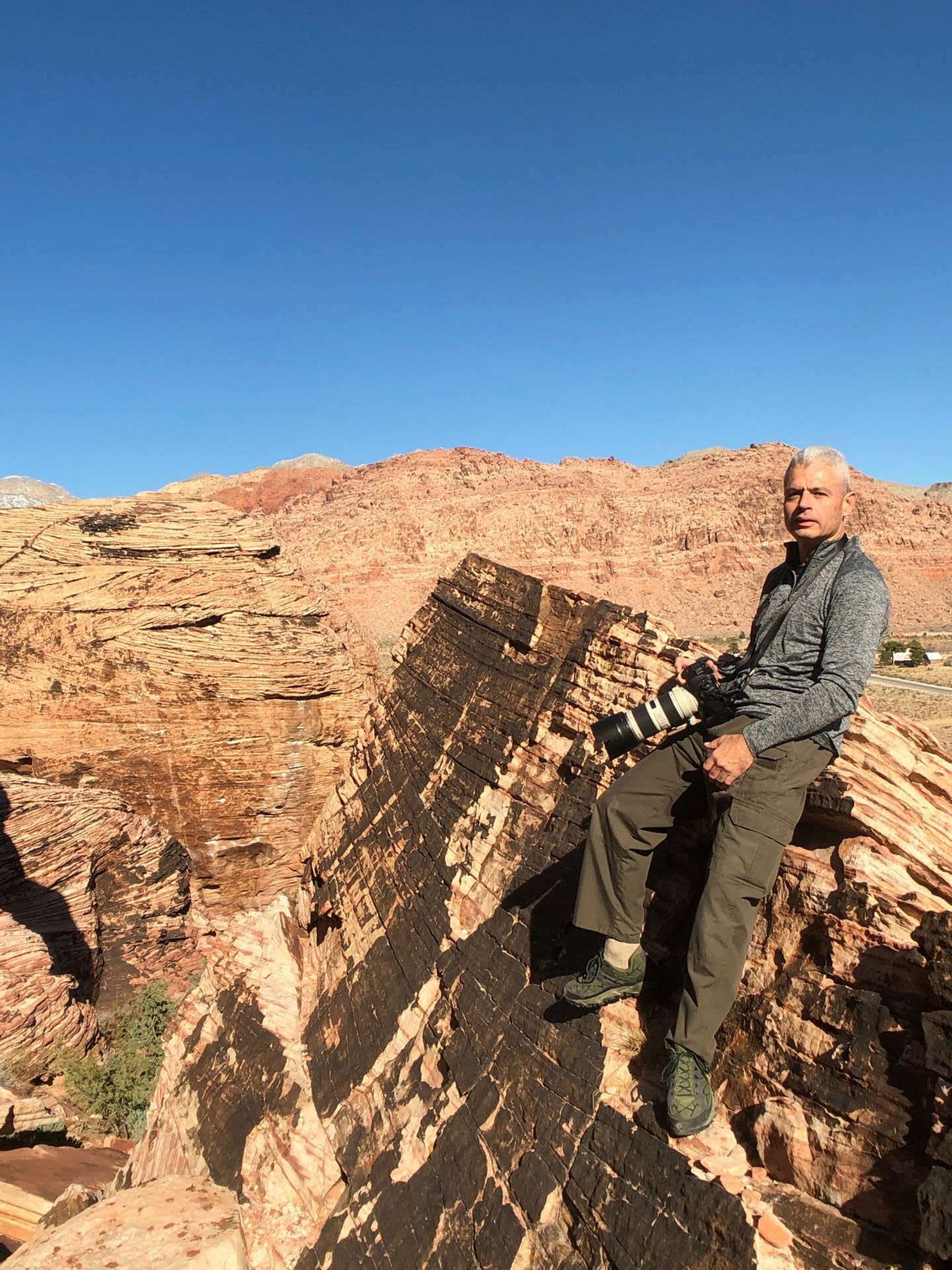We caught up with the brilliant and insightful London Lewis a few weeks ago and have shared our conversation below.
Hi London, thanks for joining us today. How did you learn to do what you do? Knowing what you know now, what could you have done to speed up your learning process? What skills do you think were most essential? What obstacles stood in the way of learning more?
It happened to be that my dad was an avid hobby photographer, and being a curious lad I found myself spending time with him in his darkroom starting all the way back in the late 1970’s. Watching images appear on film as if by magic was a marvelous thing to behold. I would continue to shoot off and on during my adult years, and gained a new enthusiasm when it became apparent that digital photography was truly viable. Since the mid 200’s I was fortunate enough to meet and work closely with 2 different mentors that helped me quite significantly. I can’t speak highly enough of the importance of mentors or apprenticeships. My greatest obstacle has always been self-doubt, which can still be a hinderance to this day. On the plus side, it can be a powerful motivator to endlessly learn and grow in the art.
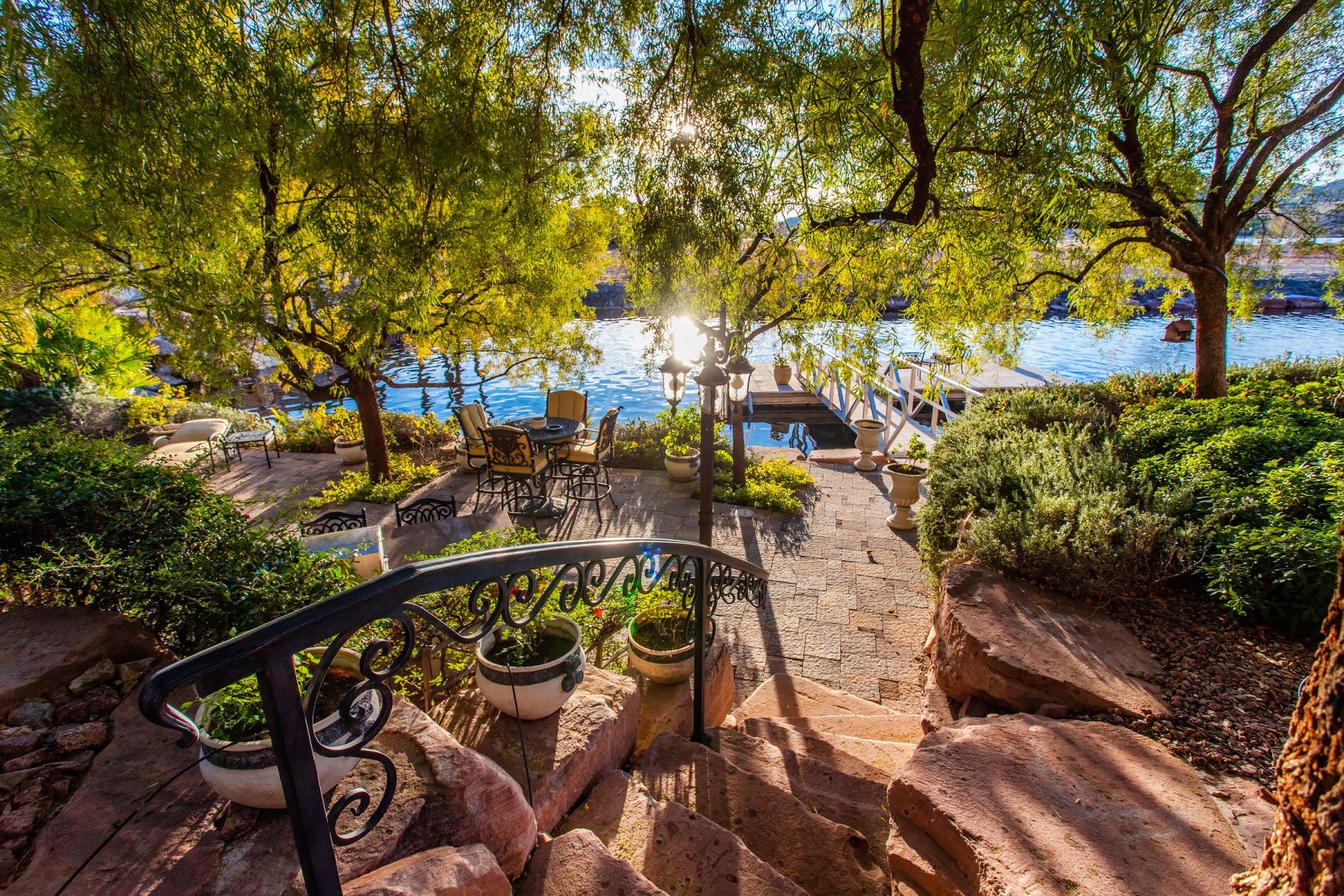
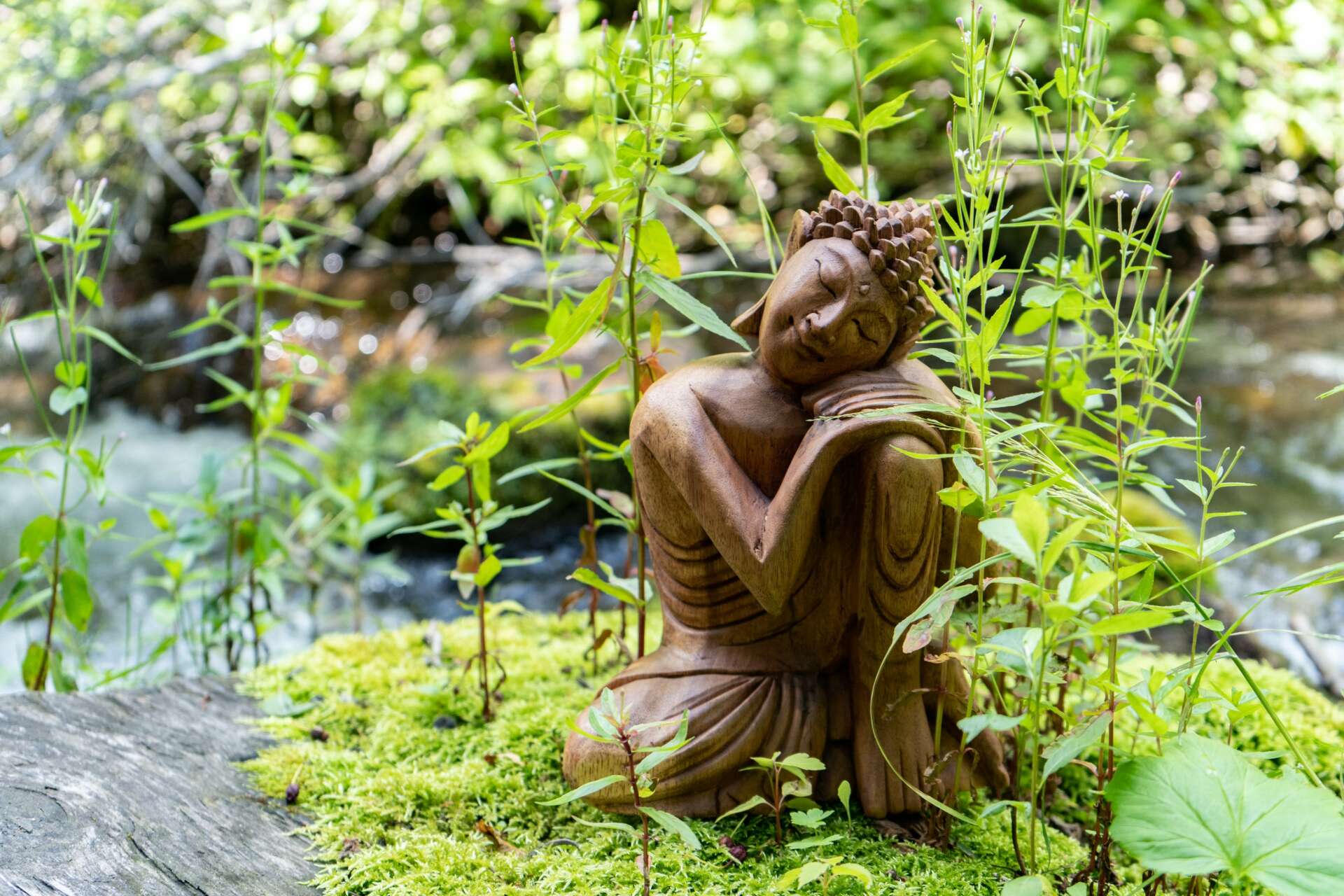
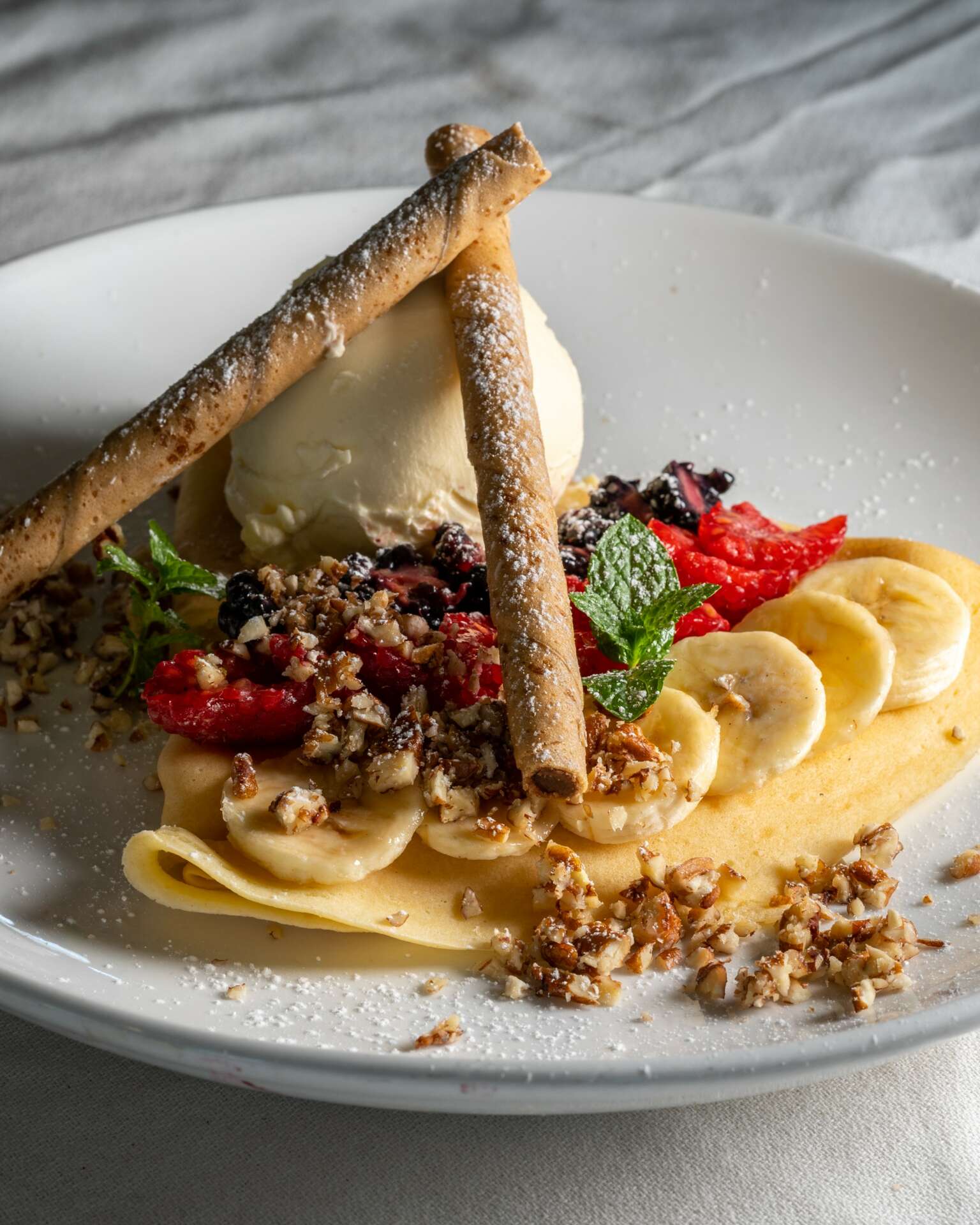
London, before we move on to more of these sorts of questions, can you take some time to bring our readers up to speed on you and what you do?
My transition from family and personal hobby to a paying job took place without a conscious intentionality. Many years ago In my job as an outside technical products salesman I would photograph our products in use at tradeshows etc which caught the attention of the manufacturers who approached me for permission to use my work in print publications, websites etc. That became a catalyst for me to consider shooting as a career. At the time I was living in Reno NV and ‘photography’ jobs were paying quite low which was deflating. Nonetheless, I did end up taking some paying gigs for youth sports, local actors needing shots, and basically any low-hanging fruit that I could cut my teeth on.
I made the admittedly anxiety-inducing decision to become a pro fulltime photographer in early 2019, and in many respects that’s when my real education began. Most of my initial work came in the form of architectural photography for real estate companies, which can be a rather rigid style of shooting that must adhere to key principles clients will be looking for. To balance my creative mind, I also began experimenting with nighttime cityscape work using kinetic light-painting techniques I discovered by experimentation. This led to me becoming a gallerist with works at the time in 2 galleries in Las Vegas. Interfacing with art-lovers from all over the world at gallery event nights was a lovely experience for sure and i very much enjoyed sharing conversations with my fellow creatives in the local art scene.
It became obvious to me also that first year that video was an important visual media within my grasp, so I began seriously learning the software and techniques to advance in that vein. That process wasn’t easy or simple at all, but I’m certainly glad I made the decision as demand for my video services has become as strong as that for conventional photography.
People ask me what kind of work I do, and i somewhat jokingly might say that I’m a ‘glutton for punishment’ meaning that i shoot everything from weddings, to product, to food, aerials, corporate video, receptions, sports, landscapes etc. I’ve been unable to force myself into a particular genre of photo or video, choosing instead to grow my skills in the most wel- rounded sense that I can.
I can see how it would be easy to become rigid and judgmental as to how my work should be performed, but having clients with a huge variety of needs and tastes helps to keep my ego in check. ultimately, I always go the extra mile or two in my effort to have the very happiest of clients, and I’m so glad to say this simple concept has served me well.


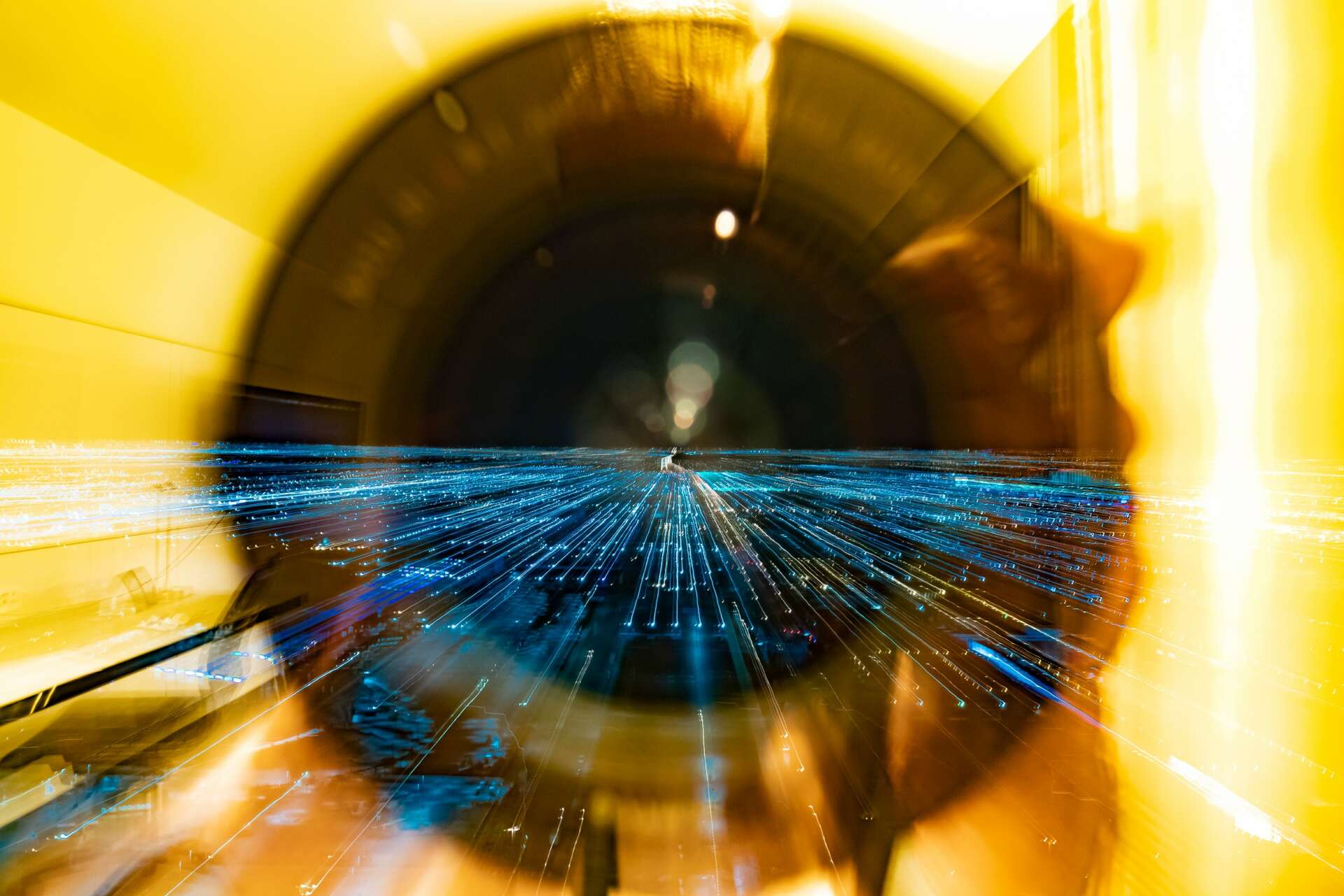
Has your business ever had a near-death moment? Would you mind sharing the story?
Goodness, it seems at times that life as a freelance creative could be the worst business decision I’ve ever made. It’s often such a nail-biting struggle and especially so after moving to a new location and staring over with a new client base, which I did in 2021 in moving to Northern Utah. Most sole proprietorships in the creative space end up closing their doors within the first year, and that is quite understandable. I don’t (yet) know what it’s like being a freelancer creative in other countries, but in the US it is a tremendous struggle to survive. I didn’t go to school for business studies, so having to learn those intricacies while being a one-person show has been a true right of passage. It’s been said that if you do what you love, the money will follow. I’d certainly take that with a good bit of skepticism, yet being that I do truly have love for my craft has at least kept me from losing my mind entirely
Do you think there is something that non-creatives might struggle to understand about your journey as a creative? Maybe you can shed some light?
Since photo/video are common hobbies, there has developed a stigma that these crafts can be taken quite lightly and even somewhat dismissively in the business world. I’ve had clients balk at a sub 200 dollar quote for on-location shoots on a moments notice, yet they don’t think twice about having someone come and cut down a single tree in their back yard for $2K. Auto shops charge $120/hr to do your brakes etc. I have decades of experience and many thousands of dollars invested in equipment, yet to break though that stigma is an ongoing challenge. The client will see what is essentially the ‘fun part’ where I’m composing stills, or gliding around on my gimbal shooting video. What they don’t see are the hours spent on post-processing of the media to dial it in just right, the time spent making multiple redundant backups, and setting up client galleries to make their experience as simple and useful as possible.
Contact Info:
- Website: LondonLewisPhotography.com
- Instagram: @londonlewisphotography
- Facebook: @Londonlewisphotography
- Linkedin: linkedin.com/in/london-lewis-15213576
Image Credits
Tibetan musician Tsedup Tenzin


